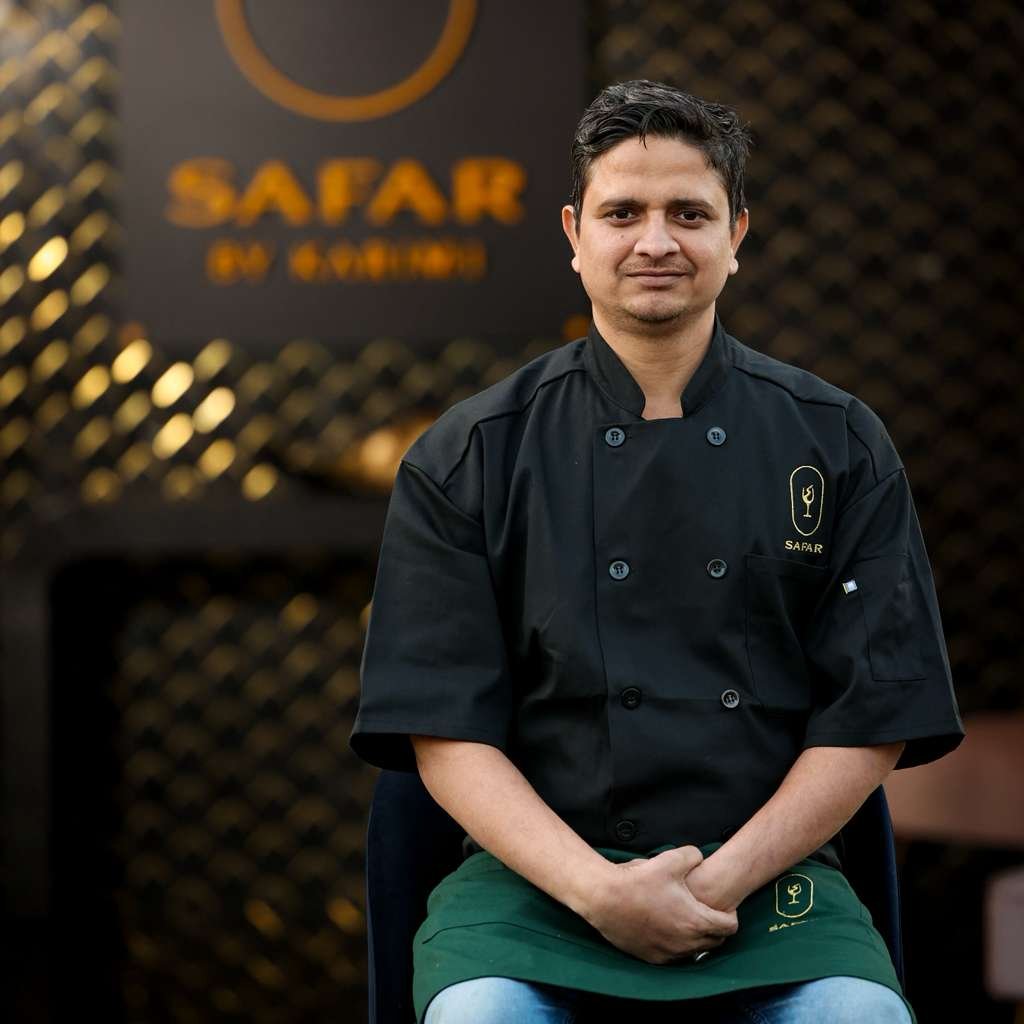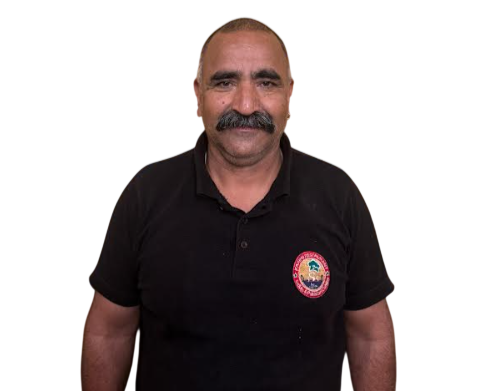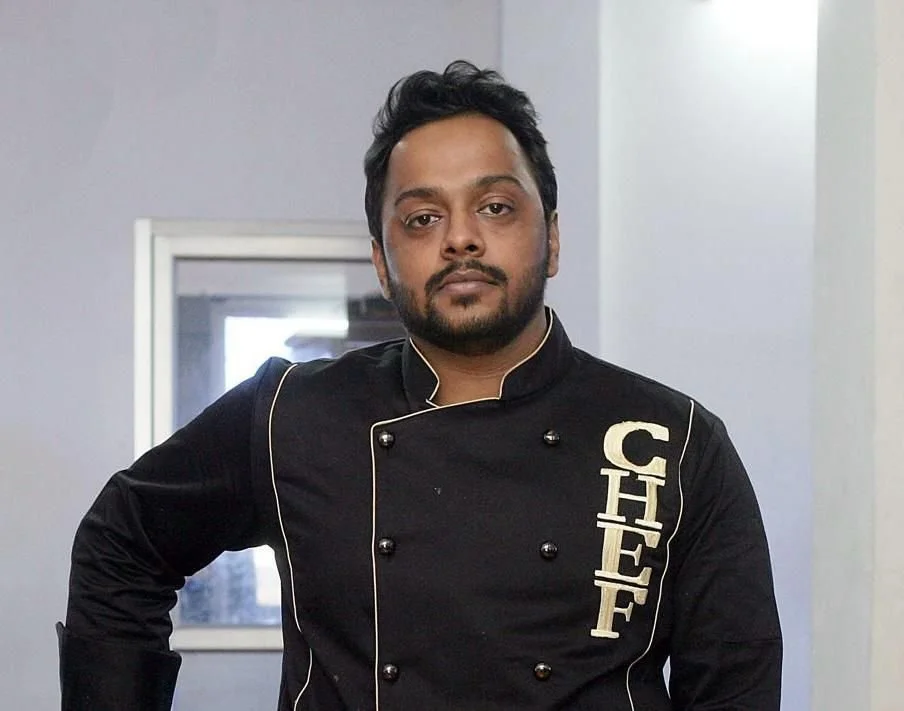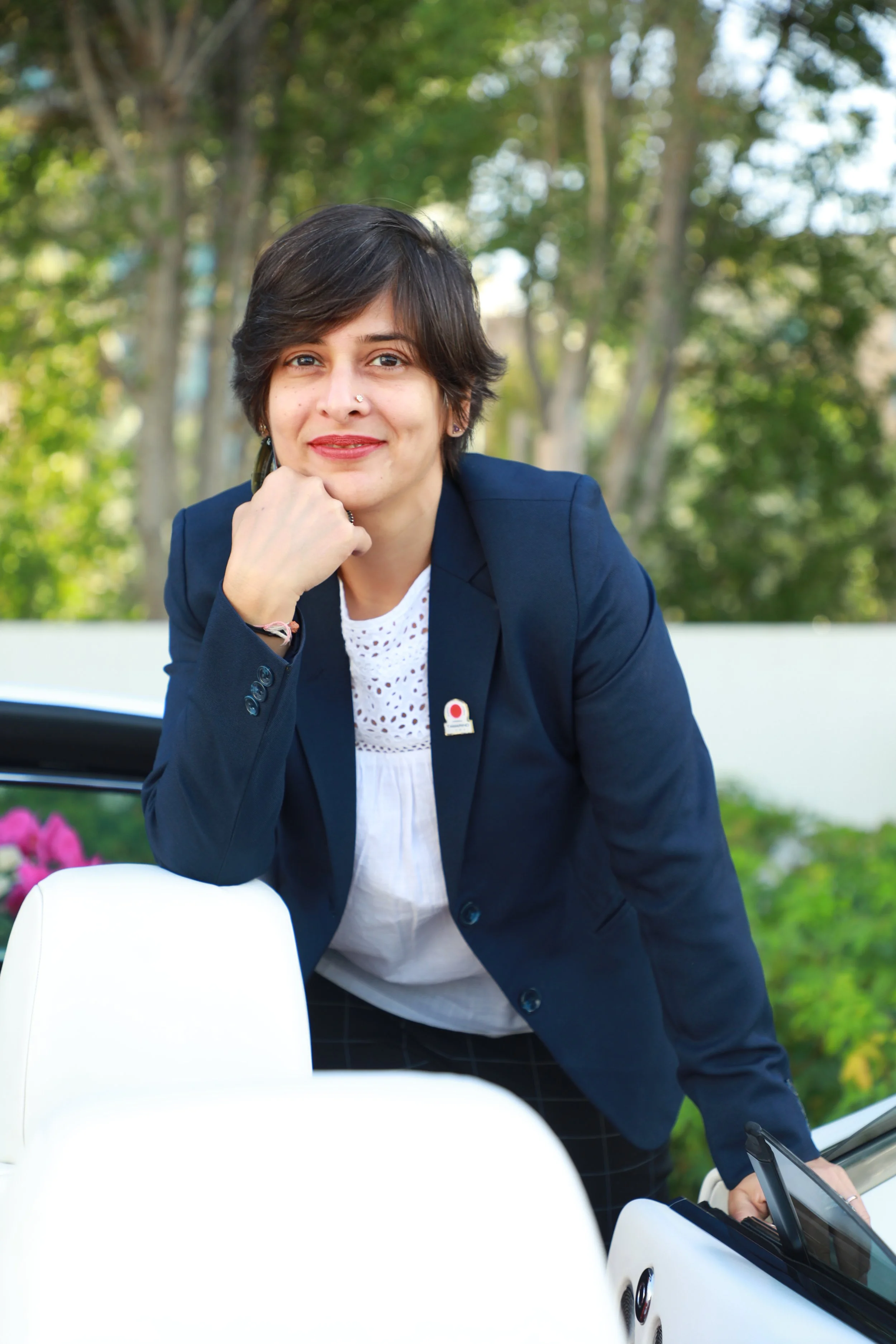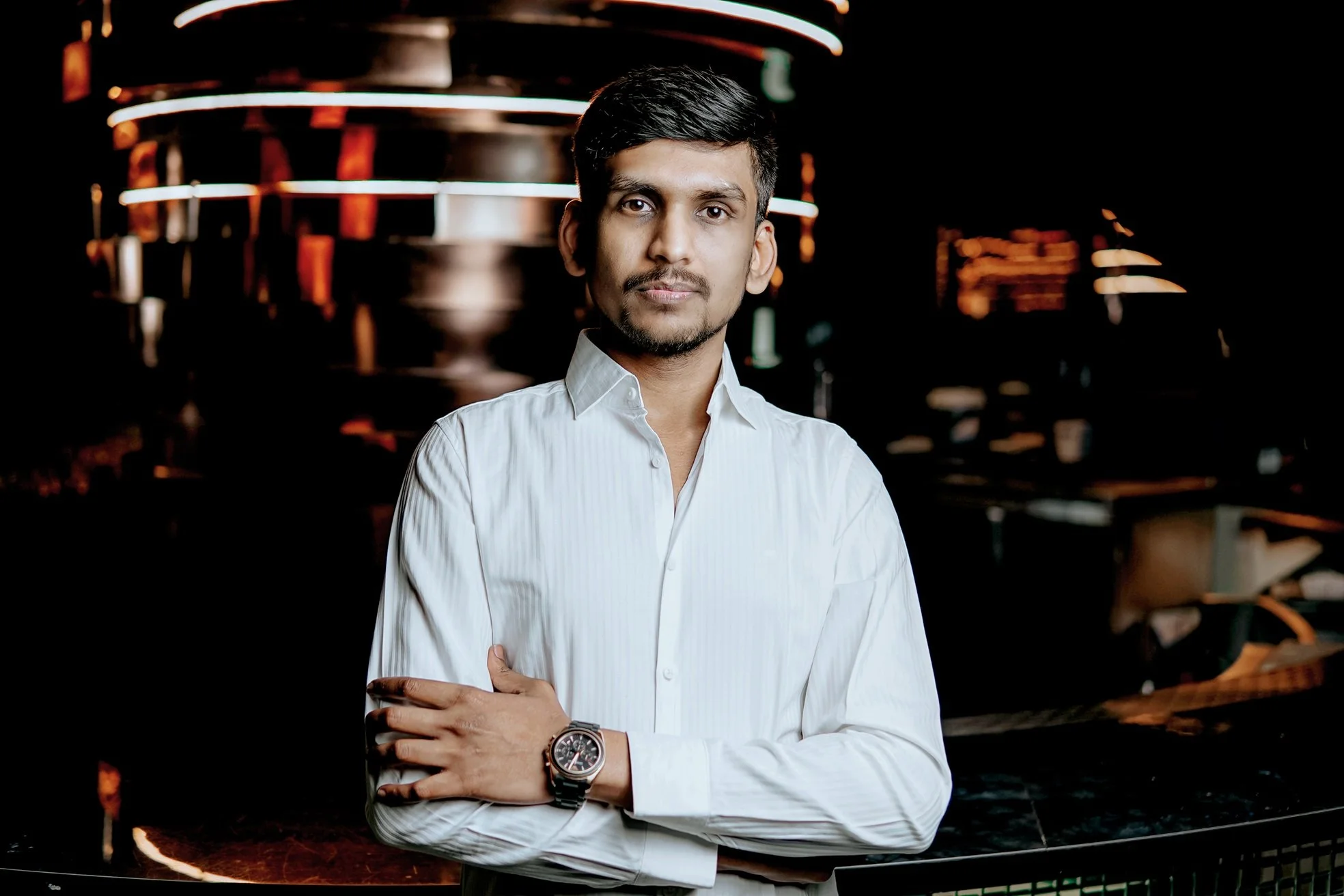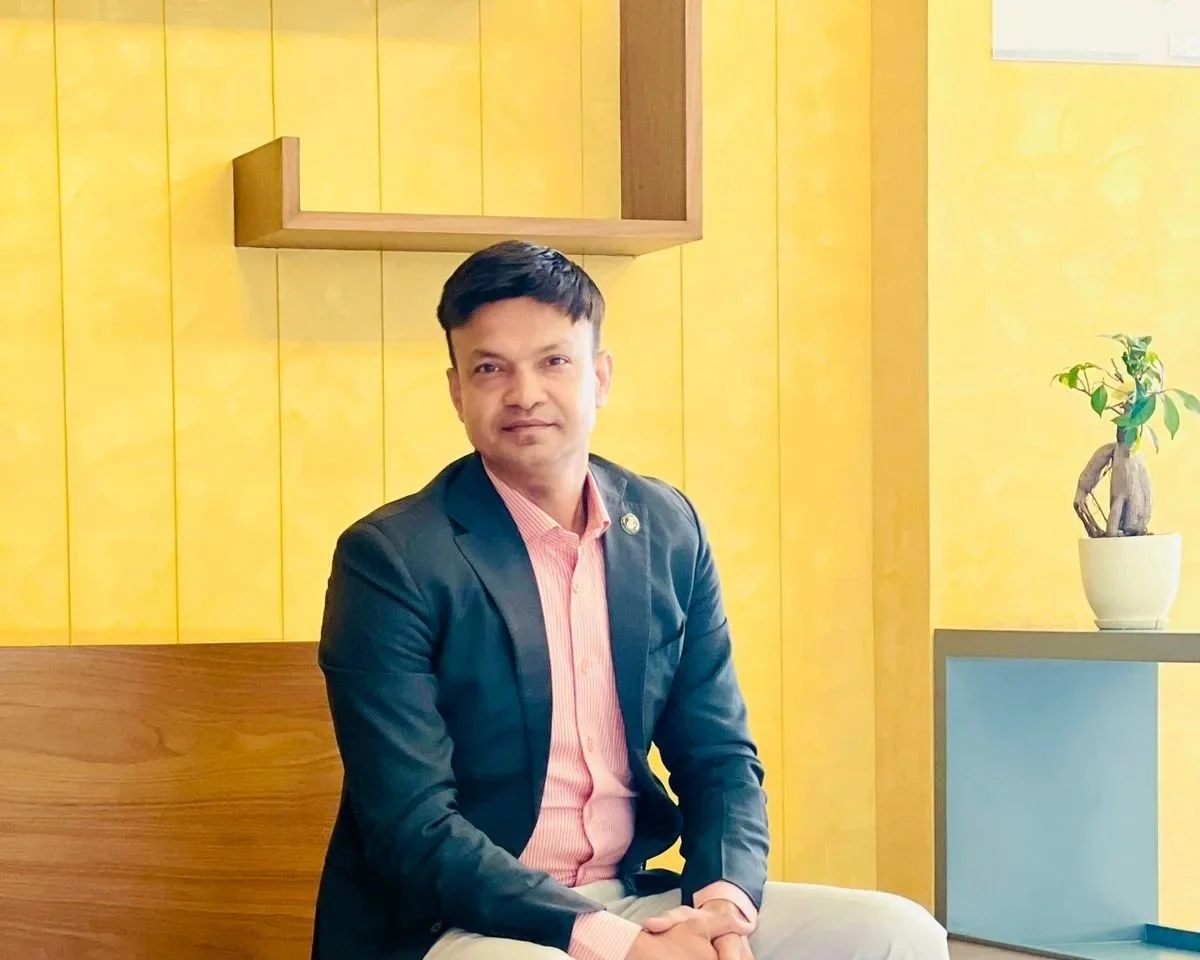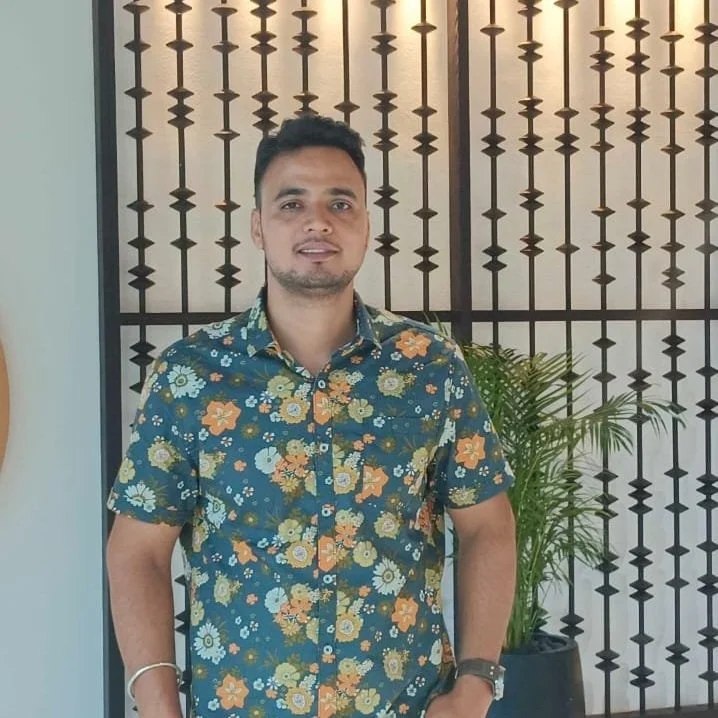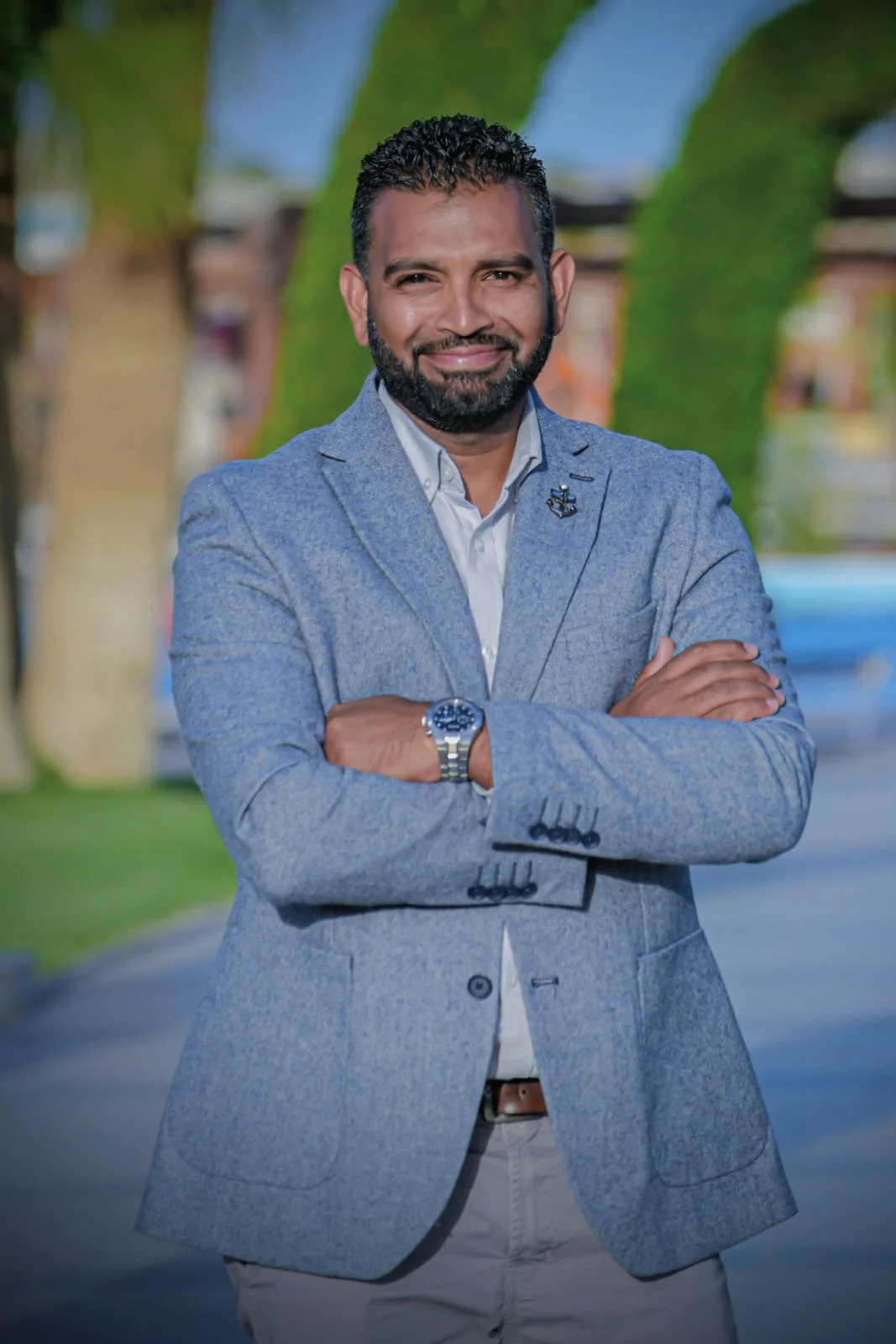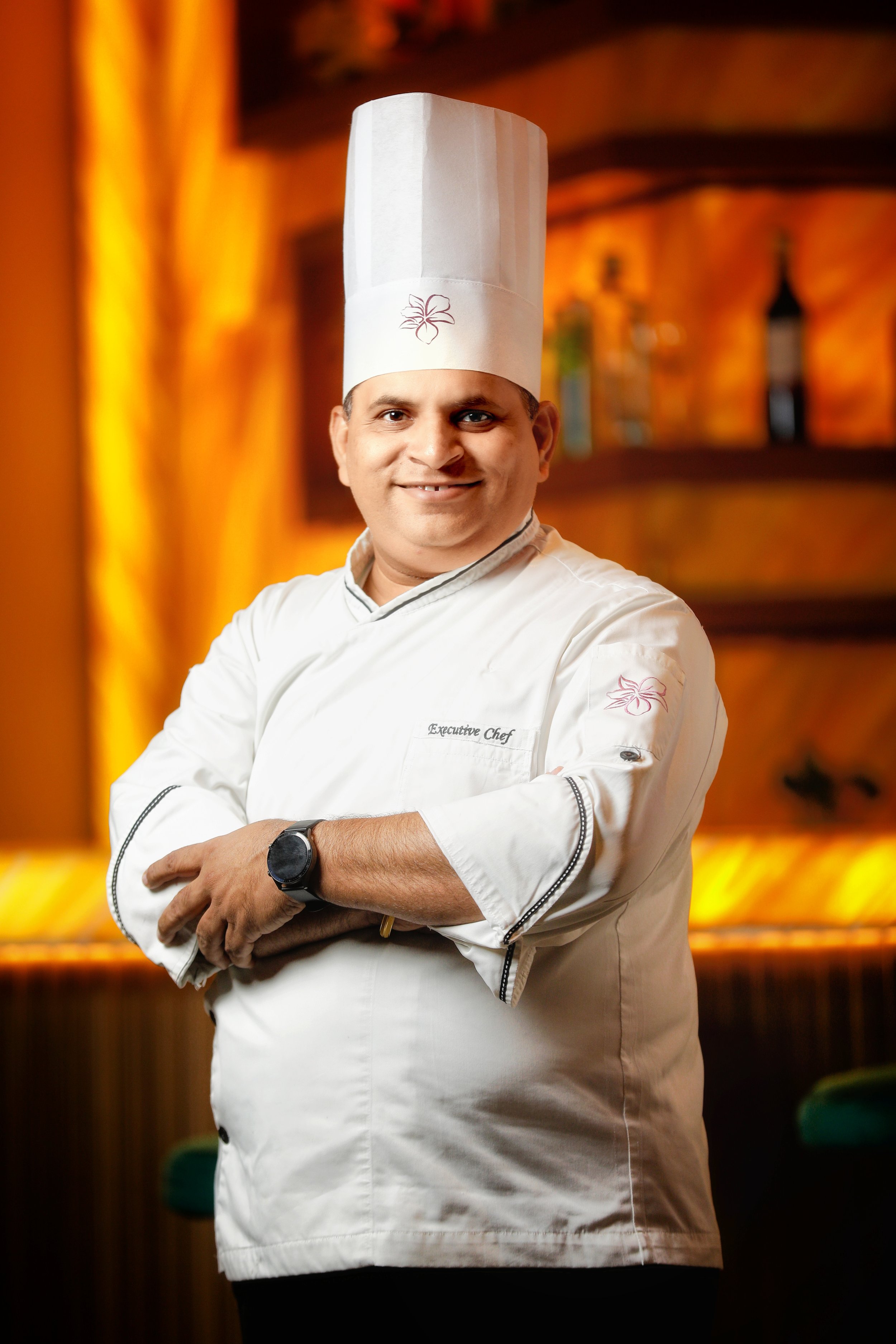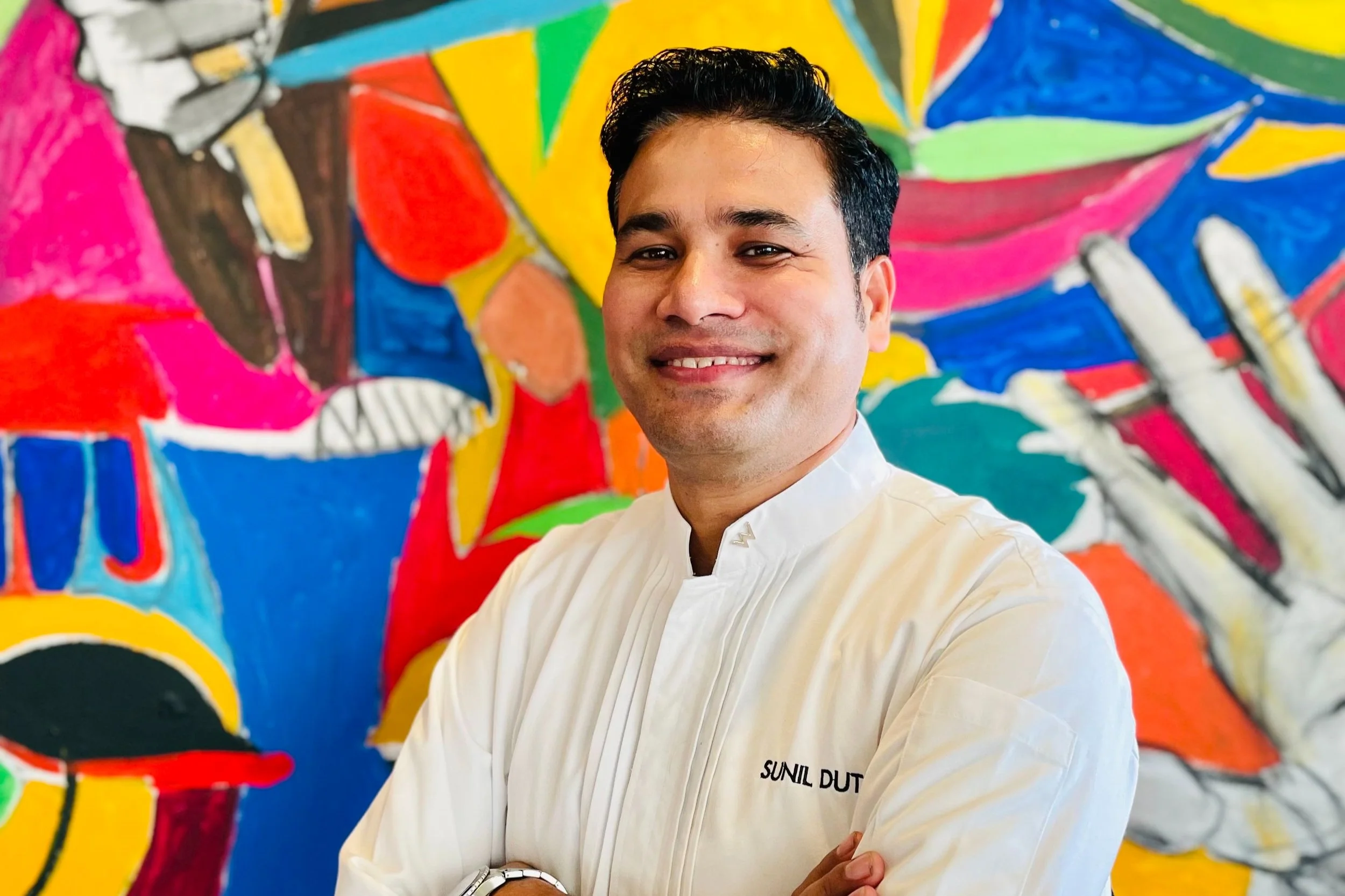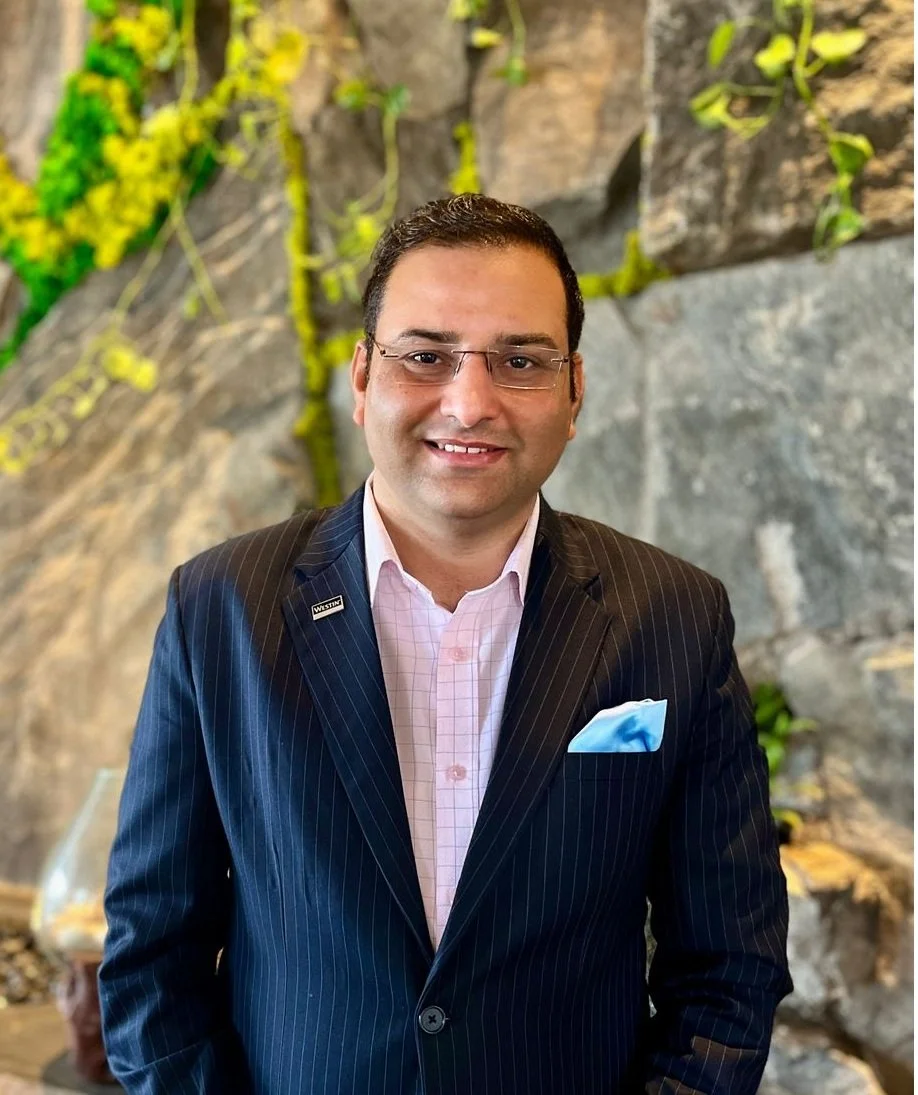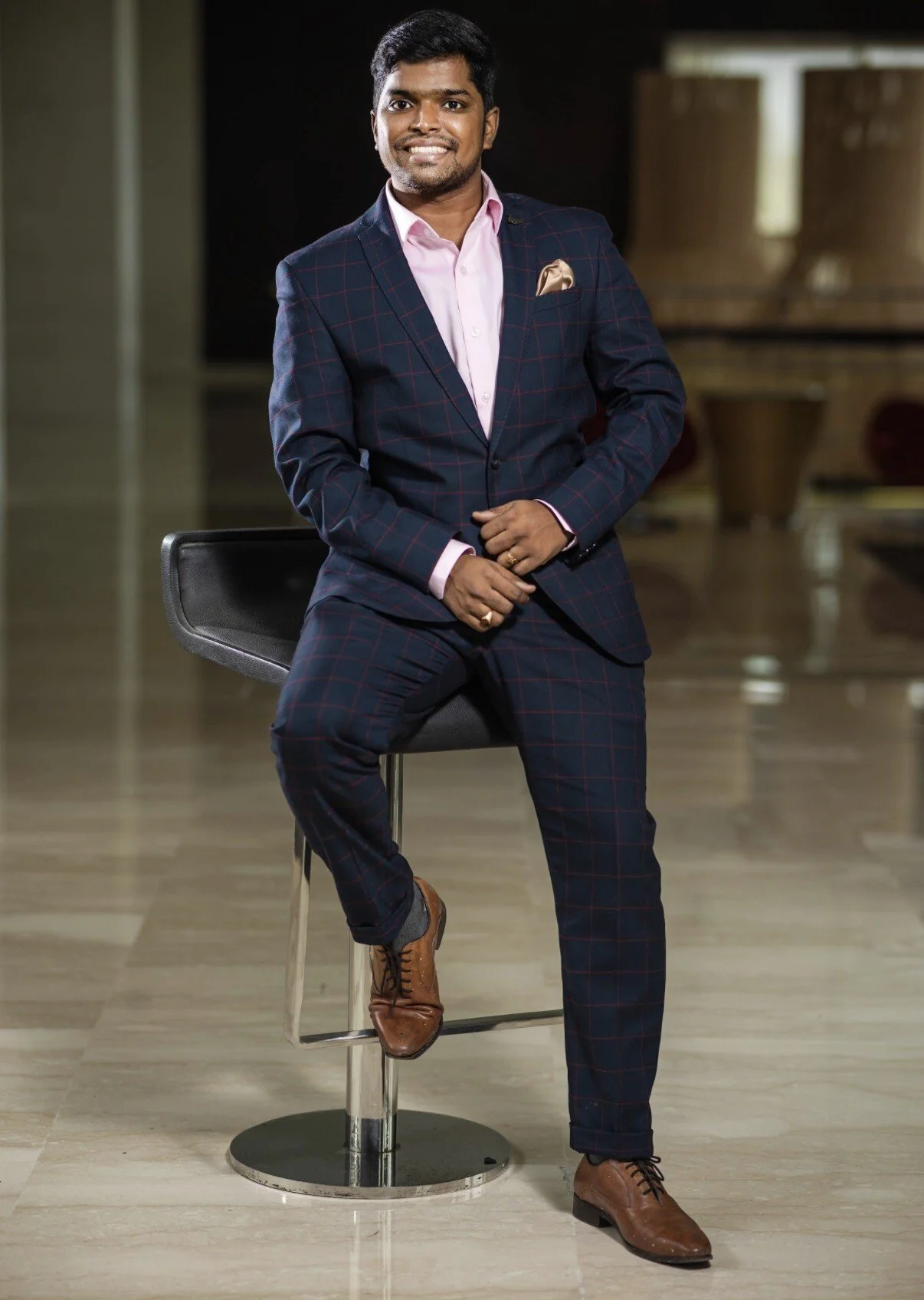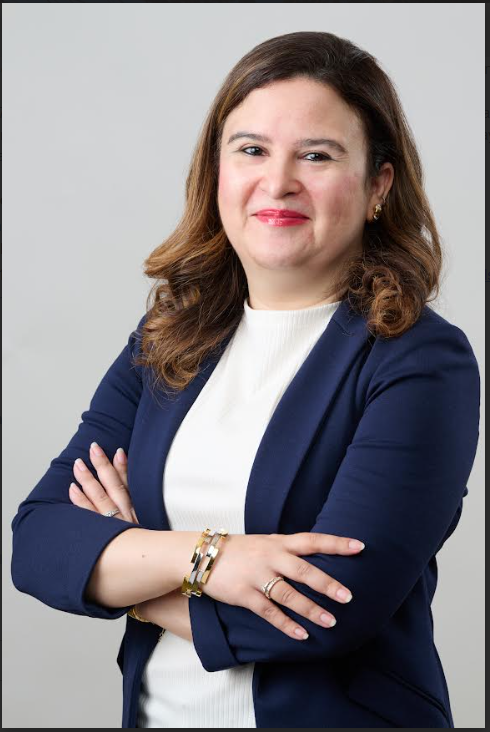From engineering to entrepreneurship: How did your academic background in control systems and electrical engineering shape your approach to leading Brightsun Group?
My journey from engineering to entrepreneurship is based on a simple theory, which is to design effective processes and to empower the team. Studying control systems and electrical engineering taught me how to approach complex problems with analytical precision and structured thinking. These skills have been invaluable in leading the Brightsun Group, where strategic planning, operational efficiency, and adaptability are key. Engineering also instils a mindset of continuous innovation, something that the travel industry has experienced time and again over the years.
Ultimately, transitioning from engineering to running a travel company wasn’t a departure, it was an evolution. I’ve applied the same principles of control, feedback, and optimization to business leadership, and they’ve helped Brightsun Group grow into a trusted name in the travel industry.
What were the pivotal moments that transformed Brightsun Travel into a multi-million-pound enterprise with an international footprint?
Our response to global crises has shaped us into a team that our customers can be trust and depend on. Following 9/11, when the travel industry faced unprecedented uncertainty, we adapted quickly to change the sales from Western to Eastern markets to align our products and services so we could still keep our customers engaged with travel. This responsiveness not only helped us continue to grow but also retain loyalty.
Another example is the Icelandic Ash Cloud crisis, in which many companies struggled with cancellations and chaos, Brightsun Travel turned the challenge into an opportunity. We implemented real-time support systems to locate customers, launch 24/7 helplines, and found alternative solutions for those unable to fly. In turn, we were rewarded with loyalty of those stranded travellers and reinforced our reputation for dependable service.
The COVID-19 pandemic was perhaps the most testing period. Instead of retreating, we invested in digital transformation, streamlined our operations, and expanded our customer support infrastructure. We also diversified our product offerings, commenced three new points of sale and opened three international offices within a span of 24 months.
The pandemic was a defining moment for the travel industry. What strategies helped Brightsun navigate those challenges and emerge stronger?
The COVID-19 pandemic was a once-a-century event for the travel industry, and for Brightsun Travel, it became a defining moment of resilience and reinvention. Our strategy was built around three core pillars: agility, empathy, and innovation. These are demonstrated by the fact than the company retained nearly 80% of its workforce, allowing us to provide consistent service and clear communication to customers. With travel restrictions changing rapidly, we set up dedicated teams to manage cancellations, refunds, rebookings, and up-to-date travel advisories. This coordinated and transparent communication helped us maintain customer trust during a time of global uncertainty.
Secondly, we focused on process improvement. Brightsun implemented a streamlined refund procedure that was clear to both our suppliers and customers, and managed cash flows so that refunds were delivered in a timely way with clear communication. We upgraded our technology infrastructure, introduced flexible booking policies, and enhanced our online platforms to make travel planning more accessible and adaptable. These changes not only helped us weather the storm but also positioned us for future growth.
Lastly, we diversified. Recognising the shift in consumer behaviour, we expanded more into holidays, domestic travel and staycations, and built partnerships that allowed us to offer more tailored, safety-conscious experiences. We also invested in our people, creating a more structured verticals within our team members and strengthening our internal culture to make sure we emerge stronger and unified.
What inspired the creation of this luxury-focused brand, and how does it differentiate itself in a competitive market?
As any company grows, the diversity of its clients also grows. Different clients demand different services. By 2010, Brightsun found itself having clients that were referring their companies for travel assistance, as well as having a large number of customers with high average spends. Recognizing the distinct needs of this customer segment, we saw an opportunity to develop a specialized brand dedicated to offering a more premium, personalized travel experience, and that’s how Premier by Brightsun was born.
The human touch: You’ve emphasized treating clients like family. How does this philosophy translate into daily operations and customer experience?
Most of this is achieved through a strong focus on training. Brightsun has a dedicated in-house training team that regularly monitors interactions with customers, including calls, messages, and other communications to ensure service quality remains high. If a team member is found to be falling short of our standards, retraining is provided, reinforcing the company’s core values of empathy and care. We have also empowered team leaders to take corrective action when issues arise, especially when there are situations where client is inconvenienced due to no fault of their own (such as cancelled flights or delays).
I think one of the most important factors is that if we treat our own teams as family, it naturally extends to how they treat the company’s’ customers. We achieve this through joint CSR projects that engage the staff, celebrating their birthdays, and recognizing joint milestone and achievements, creating a sense of belonging and shared purpose.
Tech meets travel: How do you balance technological innovation with the need for personalized, high-touch service—especially for high-net-worth clients?
At Brightsun, we see technology not as a replacement for human connection, but as a powerful enabler of it. We have invested in technology that empowers both our team members and customers to receive information accurately and in a timely manner. This could range from reminding customers their passport is expiring soon to notifying them to check-in early so they can get the best seats. These tools allow us to be faster, more accurate, and more responsive. But what truly differentiates us is how we combine this tech with high-touch, personalised service. By putting ourselves in customer’s shoes, we work to mitigate problems before they occur, so our customers enjoy a hassle-free experience.
For our luxury clients, every journey begins with a conversation, not a form. Our travel consultants take time to understand preferences, lifestyle, and expectations. Technology supports this by storing insights, automating logistics, and ensuring seamless execution but the relationship is always led by a dedicated human advisor.
Ultimately, our balance lies in knowing when to automate and when to engage. It’s this harmony between innovation and intimacy that keeps our high-net-worth clients coming back.
With your new Gurugram office and plans for curated excursions and luxury dining, what excites you most about entering the Indian market?
Our expansion into India, starting with the new Gurugram office, marks a thrilling chapter in Brightsun Travel’s journey. What excites me most is the opportunity to serve a market that is not only rich in culture and diversity but also undergoing a remarkable transformation.
India’s rising middle class is reshaping the travel landscape. With increasing disposable income and a growing appetite for curated experiences, there’s a clear demand for high-quality excursions, luxury dining, and personalised service. We see this as a chance to bring our global expertise to a market that is ready to embrace premium travel.
Moreover, India’s emergence as a global economic powerhouse adds another layer of excitement. With forecasts placing it as the world’s third-largest economy in the near future, the country is becoming a hub for international business, luxury tourism, and cultural exchange. This aligns perfectly with our vision for Premier by Brightsun and our commitment to delivering world-class travel experiences.
What qualities do you look for when building your team, and how do you foster motivation and excellence across such a diverse workforce?
When building the Brightsun team, I look for qualities that go beyond technical skills. I seek individuals who are honest, curious, and courageous, people who aren’t afraid to challenge the norm and bring fresh perspectives to the table.
Diversity is at the heart of our culture. With a global footprint, we embrace different backgrounds, experiences, and ways of thinking. This diversity fuels innovation and helps us connect authentically with our clients across cultures and regions.
Honesty is non-negotiable. We foster an environment where transparency and integrity are valued, both in internal collaboration and in client interactions. We focus on empowerment, giving our teams the freedom to take initiative, make decisions, and contribute meaningfully. We also invest in continuous learning, celebrate achievements, and encourage open dialogue, creating a workplace where people feel heard, respected, and driven to grow.
What trends or shifts do you foresee shaping the future of luxury and corporate travel over the next decade?
As we look ahead to the next decade, the travel industry is poised for a dynamic transformation, driven by evolving consumer expectations, global economic shifts, and rapid technological advancement through artificial intelligence
In luxury travel, we anticipate a strong move toward hyper-personalisation, where travellers seek not just opulence, but meaningful, tailor-made experiences. AI will play a pivotal role here, helping us analyse preferences, predict needs, and curate journeys that feel intuitive and deeply personal. From intelligent itinerary planning to real-time concierge services, technology will enhance the experience without replacing the human touch.
On a macro level, India’s rise as a global economic force is particularly exciting. With its forecasted emergence as the world’s third-largest economy, we expect a surge in outbound luxury travel and corporate mobility. The expanding middle class and increasing global connectivity make India a key market for innovation and growth.
Sustainability, digital integration, and experiential depth will define the future. At Brightsun, we’re investing in AI and human-centric design to ensure we stay ahead delivering smarter travel to the customer.

